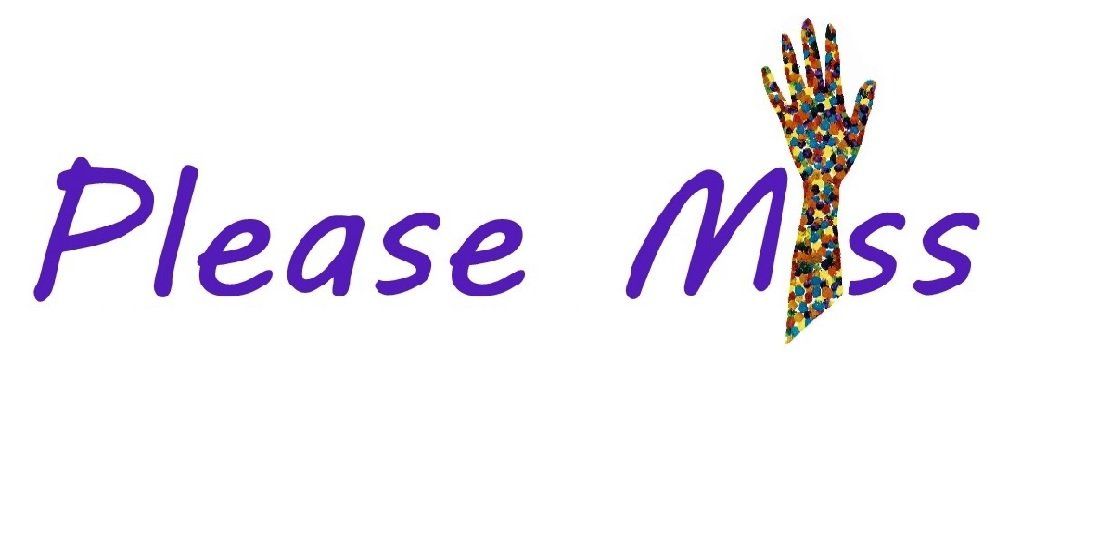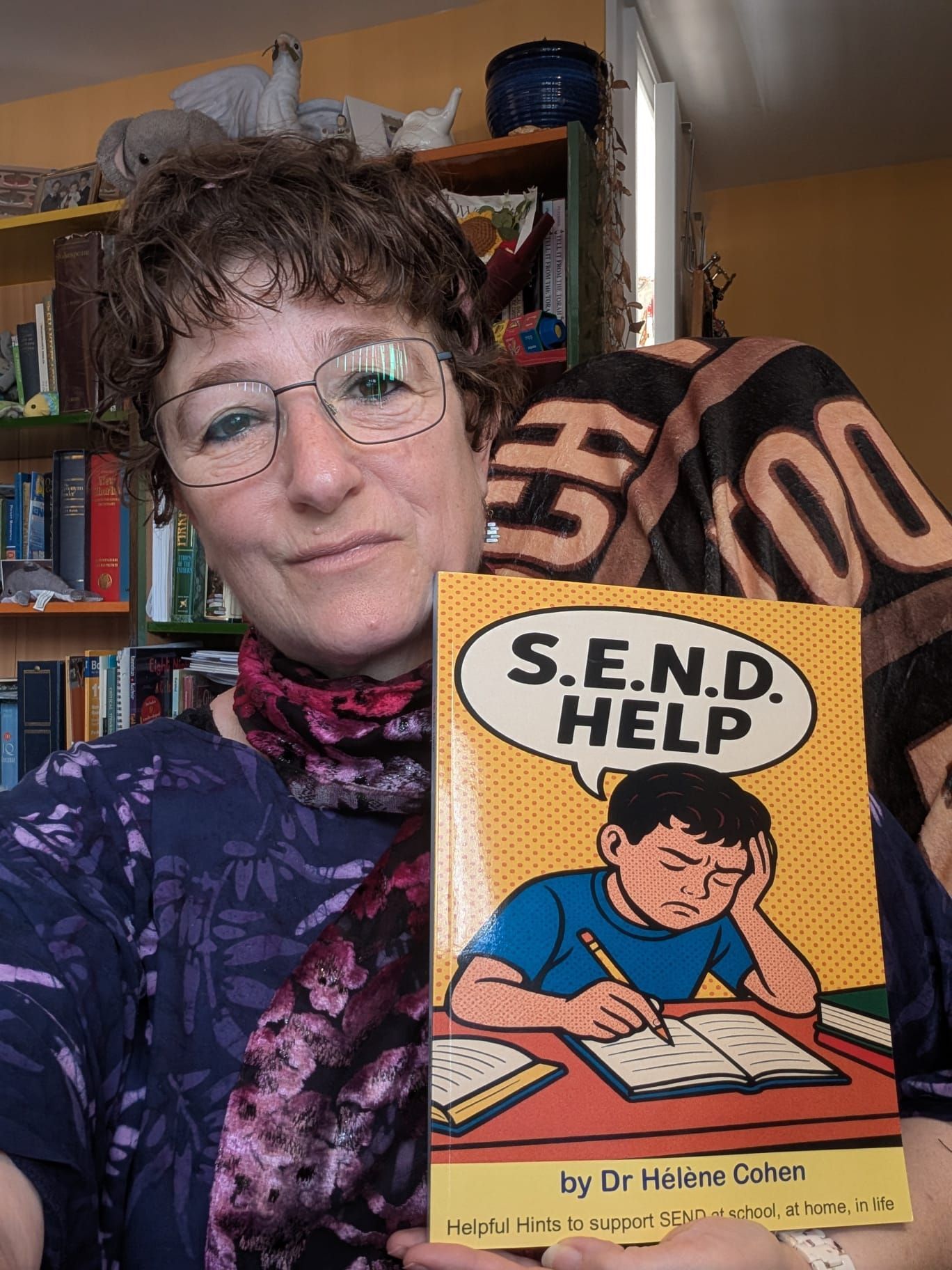Making a Difference
A commonly cited reason for becoming a teacher is the desire
to make a difference to the lives of young people. We want to open up their
minds, give them the skills to view the world with a critical eye and a
questioning outlook, inspire their creativity. I work with so many teachers, people
who care about children with learning needs (SEND) and children who face
challenges within and outside of the classroom. They all want to make a difference so that
these children can grow up to be happy, independent adults, contributing to
society. The cry so often is about the lack of funding – I’m reading this
repeatedly in the Masters assignments I mark – teachers can cite all the
policies, government papers and Acts of Parliament that give us the rules and
guidance to support our most vulnerable, and then reality sets in when the
funding isn’t there. What bothers me most about this is that it is our most
vulnerable that lose out, time and again, and this simply is neither fair nor
right.
The recent report from the UN and the UK welfare system is damning (available at: https://undocs.org/A/HRC/41/39/Add.1 ) and whilst not about education per se, highlights the conditions that inhibit funding, support and opportunities for our most vulnerable. A short extract from the summary of the report sums this up:
“The social safety net has been badly damaged by drastic cuts to local authorities’ budgets, which have eliminated many social services, reduced policing services, closed libraries in record numbers, shrunk community and youth centres and sold off public spaces and buildings. The bottom line is that much of the glue that has held British society together since the Second World War has been deliberately removed and replaced with a harsh and uncaring ethos.”
Our welfare system is shown to be unnecessarily punitive to our most vulnerable in society. So what does this mean for our children? Much depends on the resources available not only to schools but within their families. The UN report states,
“Although the United Kingdom is the world’s fifth largest economy, one fifth of its population (14 million people) live in poverty, and 1.5 million of them experienced destitution in 2017.”
This shows us that there are serious issues about the distribution of the country’s wealth and with, “Close to 40 per cent of children are predicted to be living in poverty by 2021” this is surely an issue that needs addressing.
One of the effects of all of this is that funding cuts make it harder to gain the support children need. We have a Code of Practice (CoP, 2015) that details the entitlement to support from 0 – 25 years through joined-up services with the Education, Health and Care Plan (EHCP); however funding is supposed to accompany such a plan, making it ever harder to have a successful application. Schools also have to show what they have put in place to support children for whom they are making applications, and there are insufficient funds in most schools for such support. Having had an EHCP application declined, parents are able to appeal. Many appeals are successful, which begs the question about wasting money in having to go through the process twice. Here is where the disadvantaging the most vulnerable comes into play. PARENTS have to make the application. This is a key point, since the power exchange comes into play here, putting off our most vulnerable from completing the process of requesting a tribunal. Our most vulnerable children usually come from our most vulnerable families and the very language of applying for the EHCP application to be reconsidered is off-putting to say the least. You can get free LEGAL advice, as you are requesting a TRIBUNAL hearing for which you will need LEGAL COUNSEL, and fill in COMPLICATED FORMS. So how easy is that for the parents who have a learning need of their own, who are living in poverty, who are illiterate, who fear social services and anything to do with the law or officialdom? Whilst never easy, it is at least more accessible to the educated parents, with friends who might understand the system and money to pay for the best legal counsel. All this without even mentioning the postcode lottery that seems to exist within our society.
We are being asked to spot signs of mental health needs. This is something teachers have been doing for years anyway, however the waiting lists for CAMHS (child and adolescent mental health services) are dangerously long – and I use the word ‘dangerously’ advisedly.
However we can make a difference. We as teachers and SENDCOs can help parent to complete application forms so that they are not on their own. We can attend meetings and accompany them to tribunals, offering the support and understanding that could make all of the difference. Not only can we do this, but for me it is a moral imperative that we do so.
We can also make a difference earlier on in the process. We can demand that we as teachers are properly trained to understand SEND. Not only, as is so often taught, the policies and codes of practice that we are supposed to adhere to – even though there is limited funding – but also we need to be trained to recognise and support a range of SEND.
Some things we can do by simple strategies within the classroom, and by understanding that what might look like a child being naughty can be the first sign of an underlying area of need. I know many teachers who take a loaf of bread to school to ensure that every child in their care has eaten that morning – I know that shouldn’t be the teacher’s job, but many teachers are aware of the reality and do something about it. We can use strategies like saying a child’s name before asking them to do something so that the child is actually listening before the request is made. We can give children opportunities to express their understanding in ways other than through writing. We can create safe spaces for children who need time to deal with emotional issues. We can ensure that children have really understood what is being asked by having them explain in their own words. We can phrase things positively so that the child knows what to do - instead of saying ‘don’t run, we can say ‘walk’. We can give children legitimate reasons to move around the class so that they are not being told off for fidgeting. These and many other, small things can at least make a small difference.
To make a real difference we need to ensure that our voices are heard when we talk of child poverty and the fact that, as the UN report states, “the United Kingdom is the world’s fifth largest economy” and we actually do have the money to make that difference. It’s about those making the choices on our behalf thinking about the needs of our vulnerable and not just short-term sound bites for re-election. All parties are guilty of this, so not being party political here. We can judge the humanity of our society by how we treat our most vulnerable, not our most wealthy and resource rich. The individuals within society do this well, it’s time that our country’s leadership did the same – whatever political party they are.


